Settling an Estate (Probate)
PDF Version Coming SoonSettling an Estate (Probate)
Jump to: Overview • Forms
Examples • FAQs • Related Info
Jump to: Overview • Forms • Examples • FAQs • Related Information
Legally reviewed. Last update made in June 2023.
What does “probate” mean?
You may hear the terms “probate fees”, “probating a will”, “probate registry”.
Probate refers to the process of having the courts verify a will as legitimate under BC law.
After the death of the will-maker (the “deceased”), the executor(s)Executor(s): the person(s) you name in your will to carry out your instructions – to pay debts and distribute your estate named in the will of the deceased will apply to probate the will with the Probate Registry of the BC Supreme Court.
The court collects a probate fee before issuing a grant of probateGrant of probate, or representation grant, or estate grant is the document issued by the court that says you are the executor named in the deceased’s probated will to the executor. This fee is generally based on roughly 1.4% of the “gross value” of the estateEstate: the property of the deceased person*. The Probate Fee Act outlines the amounts in greater detail.
Settling an estate refers to what the executor must do with the deceased’s estate – i.e. gather assets, pay debts, file tax returns, identify beneficiaries, and distribute assets.
Why are wills probated?
Although an executor obtains their legal authority from the will directly upon the will-maker’s death, probate helps provide certainty to institutions and other individuals that a particular will is in fact valid, and that the executor has authority to deal with the estate of the deceased.
Do all wills need to be probated?
A will may not need to be probated in every situation. For example, in cases where what the deceased owned at death is less than $25,000 (unless it is real estate), it is possible that the financial institution holding the deceased’s account(s) may accept the deceased’s will and death certificate as sufficient documentation to release assets to the executor.
However, this will depend on the institution’s policy — there are no guidelines under the law.
How does an executor apply for probate?
The application process involves submitting the appropriate probate forms to one of the Probate Registries of the BC Supreme Court.
More detailed instructions coming soon.

Probate Forms
- See Probate Forms
- Part 25 of the Supreme Court Civil Rules outlines the rules around who you have to give notice of your application to, how to apply, and which documents to include as part of your probate application.
Search for a will
Looking for a copy of the will? Check the Nidus Registry, a BC-based centralized digital repository with 24/7 access.
Probate FAQs
Coming Soon
Coming Soon
RELATED INFORMATION
For After Death
Wills (and E-Wills)
Dying Without a Will (Intestacy)
Joint Ownership
Beneficiary Designations
Disability Trusts (Testamentary)
Estate Planning FAQs
Use & Tips
Making a Will and Roles of Executor (PDF)
Wills Made Outside of BC
Legislation
Wills, Estates and Succession Act (BC)
SIGN UP FOR NEWSLETTER
Stay updated on the latest developments, resources, and more.
© 2025 Nidus Personal Planning Resource Centre. All rights reserved.

